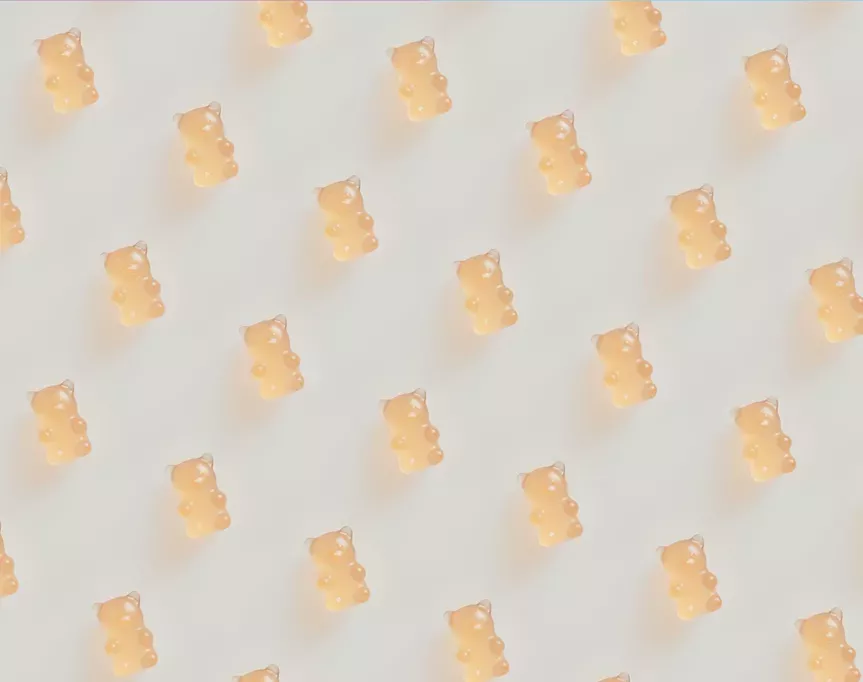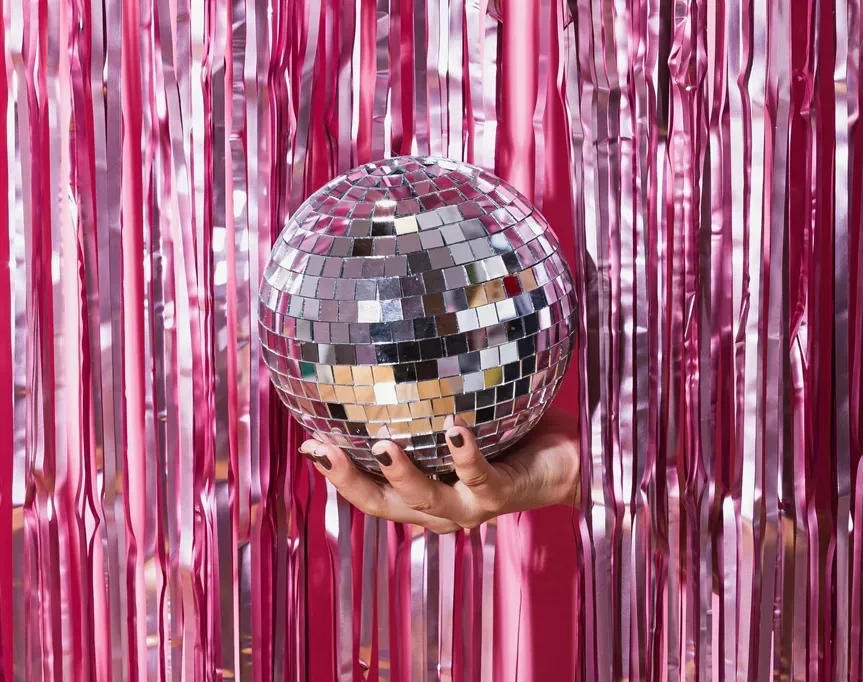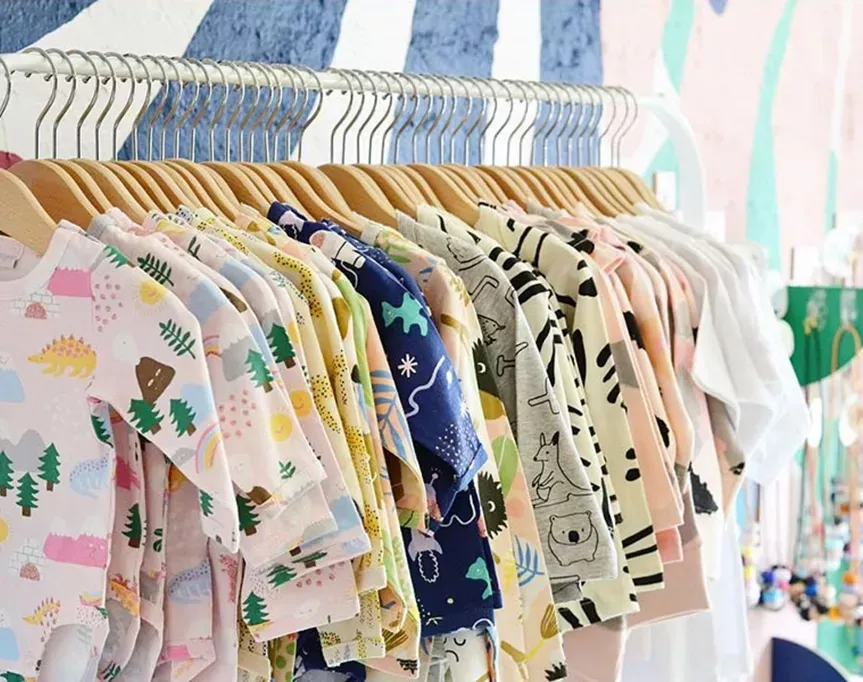why this indie bookshop-owner is hopeful about the state of print
Odessa Mykytowycz’s Fiend Bookshop embraces the tactility of physical formats.
If you’re a reader of frankie, there’s a darn good chance you’re a fan of physical media. While the rise of digital technologies is shifting the way we’re reading, you’ll find boffins all across the book, magazine and publishing industries who are holding out hope for the print medium – as well as the customers following suit. We caught up for a chinwag with Odessa Mykytowycz, head honcho of Fiend Bookshop, who is one of the bookworms leading the charge in Melbourne/Naarm’s indie bookselling scene. Below, Odessa shares how her personal taste informs what she stocks, how she approaches the shop’s curation, and why she steadfastly believes print is irreplaceable.
Tell us about Fiend and how it got started. Fiend is a bookshop based out of Melbourne that showcases independent publications and publishers, with a particular interest in fringe culture. I started it up a little while ago in lockdown, very much on a whim – I was seeing lots of cool publications available overseas and was working on a publication of my own. In my head at the time, I guess I figured that starting Fiend was a way I could share all these cool publications, and also save myself and others some money on those killer international shipping costs.
View this post on Instagram
How do you choose what to sell at Fiend? Fiend has always had quite an organic and relaxed growth – the process of choosing to sell is similar. When I started, the line-up was inevitably driven by personal taste, and still is, but I’m always trying to balance that by paying mind to the kinds of voices I’m stocking as well as the voices I might not be stocking. As Fiend has grown, I have also had to start considering what books I think will sell well, which has sculpted the line-up of publications in its own way too. It’s an interesting kind of thing to balance, really, particularly because Fiend is a smaller-scale bookshop which means I don’t have cash to splash on all the books I’d like to stock (as much as I wish I did), so I do have to be a little more selective.
How do you translate Fiend’s ethos of inclusivity through the work you platform? I do try to be conscious of the kinds of voices I’m platforming and also try to have a breadth of them, but, of course, how that looks in practice is dependent on what publications are actually available for me to stock in the shop through distributors and publishers. The line-up of stock is constantly shape-shifting with what’s available, which I guess is also itself a representation of the ethos.
In an increasingly digitalised world, what makes you hopeful about the state of print? It’s tricky because, for me at least, print is just irreplaceable. A screen will never replicate a book, and I feel like sometimes staring at a screen messes with the mind’s eye. Print media is tactile, it’s an object, and I think it’s that physicality of it that just makes it hit different. I think a lot of people nowadays are equal parts locked in to and fatigued by their technology, and I think that print media can provide a welcome relief from that.
View this post on Instagram
Is there overlap between what you like to read and what Fiend stocks? Oh, so much! I’m constantly adding books from Fiend’s collection into my personal collection, especially if they’re limited runs. For example, I recently found ZOE by Charlie Fox and Will Sheldon – that went straight into the personal collection. There’s definitely an overlap between what I like to read and what I stock at Fiend, but it’s always a balancing act. Fiend doesn’t really stock longer-form publications like novels, and I’ve constantly got a novel or non-fiction book on the go, so that’s definitely a place where the two diverge.
What are you reading at the moment? I reckon my favourite read from this year so far has been Reservoir Bitches by Dahlia de la Cerda! I ate it up. It’s a series of linked short stories of women living in Mexico. The word ‘bitch’ is used in empowering and derogatory ways throughout the stories – it kind of alludes to the fact that the women exist in a dog-eat-dog world and this context permeates their characters in that the women are just as capable of committing violence as they are of living in it. The book was empowering, scathing, devastating and funny all at once – I loved it.
For more small-business stories like this, visit frankie.com.au/strictly-business, or sign up to our monthly e-newsletter. Have a small-business story you’d like to share? Pitch it to us.

.jpg&q=80&h=682&w=863&c=1&s=1)

.jpg&q=80&h=682&w=863&c=1&s=1)








.jpg&q=80&w=316&c=1&s=1)













.jpg&q=80&w=316&c=1&s=1)










